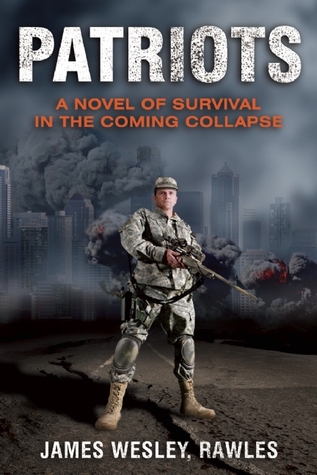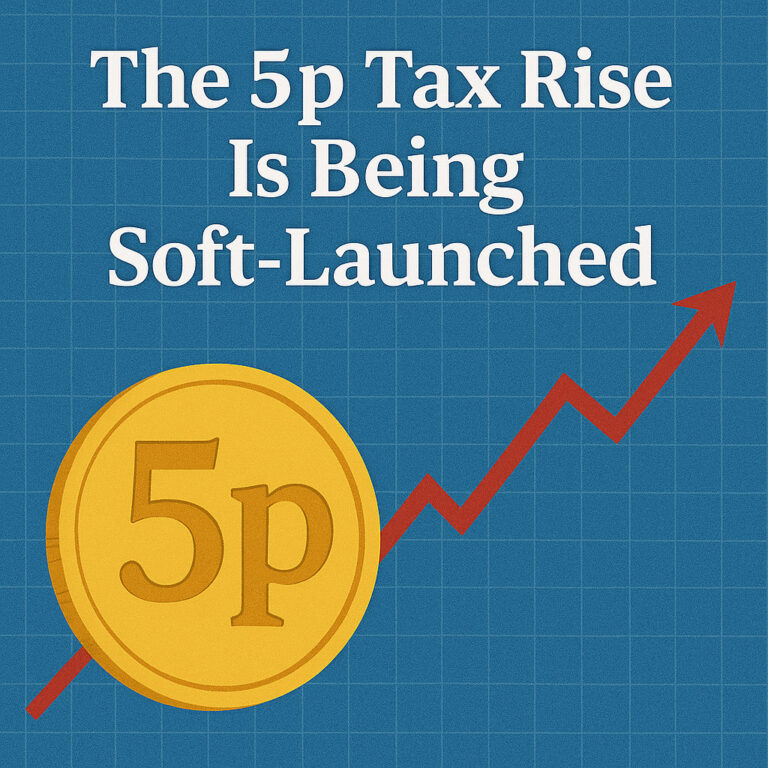Book Review: Patriots by James Wesley Rawles – Survivalism, Sovereignty, and the Cost of Collapse
A Strategic Manual in Fiction Form
Patriots: A Novel of Survival in the Coming Collapse occupies a unique space in modern literature — part novel, part instruction manual, part ideological statement. It’s a cornerstone text in the prepper community and continues to shape the thinking of those seeking sovereignty in a fragile world.
First published in the 1990s and revised since, Patriots isn’t just about surviving collapse, it’s about surviving it with integrity, preparation, and community.
The Story: Group Survival and Human Connection
At its heart, Patriots follows a tightly bonded prepper group: former military, engineers, and civilians, who anticipated the collapse of the U.S. economy and built a survival retreat in rural Idaho. The novel traces their interactions not only within the group but with others they knew from their former lives, and with the people they encounter as society breaks down.
This structure allows Rawles to explore various scenarios: dealing with unprepared neighbours, integrating newcomers, bartering for essentials, and navigating moral dilemmas around loyalty, law, and leadership.
While the characters aren’t deeply explored in a literary sense, they’re carefully constructed to be relatable to a wide range of readers offering templates, not just personalities. They represent the engineer, the teacher, the soldier, the medic, all roles that could exist in any real-world mutual assistance group.
A Book of Three Parts and Three Tones
The novel is divided into three major sections, each escalating in scope:
- Collapse and Immediate Survival – Civil unrest, food shortages, defence, and communication.
- Stabilisation and Community Building – Long-term planning, self-reliant systems, group dynamics.
- External Threats and Political Crisis – Foreign invasion, authoritarian crackdowns, armed resistance.
The first two parts are where the book shines: grounded, realistic, and full of immediately applicable knowledge. Whether it’s fuel storage, off-grid power, or radio comms, the advice is practical and detailed.
But the final act drifts into more conspiratorial territory portraying a tyrannical U.S. government that turns on its own citizens, imposes martial law, and attacks civilian populations en masse. While this dystopian scenario will resonate with some readers, it marks a shift from the novel’s earlier grounded realism to something closer to ideological fantasy.
This tonal change weakens the book’s strongest asset its value as a training tool disguised as fiction.
What the Book Does Well
- Scenario-Based Instruction: Every major challenge the group faces is plausible and resolved through skills, planning, and teamwork.
- Focused on Durable Tech: From diesel generators to ham radios, Rawles centres on reliable, non-digital tech that’s still useful in a grid-down world.
- Rooted in Values: Faith, honour, duty, and family run through the story, offering a moral compass even in collapse.
- Big Picture Thinking: The book covers logistics, governance, medical care, comms, and more it’s not just about guns and beans.
Where It Falls Short
- Information Overload: The sheer volume of detail can derail the narrative, especially for readers expecting a conventional plot.
- Sparse Character Depth: Emotional development takes a back seat to practical instruction.
- The Final Act: The move into speculative government tyranny risks undermining the realism the book worked so hard to build.
- Very America-Centric: Legal systems, cultural references, and tactical assumptions are firmly rooted in U.S. contexts which may limit direct application for international readers.
Fidelis Perspective
Patriots deserves its place on any shelf dedicated to resilience and sovereignty. It’s not a literary masterpiece nor is it trying to be. It’s a book that aims to teach first, warn second, and entertain third. Its impact lies in its detail and its moral seriousness.
That said, the final chapters will divide readers. For those seeking grounded, real-world prep guidance, the story’s climax may feel jarring or unnecessarily extreme. But perhaps that, too, is part of Rawles’ warning that collapse doesn’t end with power outages and empty shelves. It ends when people give up liberty for security.
Personal Take
I’ve read Patriots several times not for the story, but because there’s simply so much useful information embedded throughout. It’s a manual for the responsible individual who refuses to outsource the safety of their family or their community. The characters are familiar because they could be any of us.
Even with its flaws, the book remains one of the most important works for anyone serious about parallel systems, sovereign living, and preparing for hard times.
Verdict
📖 Rating: 8.5/10
A flawed but essential work. Read it for the knowledge, not the narrative. Then read it again with a highlighter.
Where to Buy
May contain affiliate links. These do not influence our editorial stance and won’t cost you anything extra, but they help support our work.




